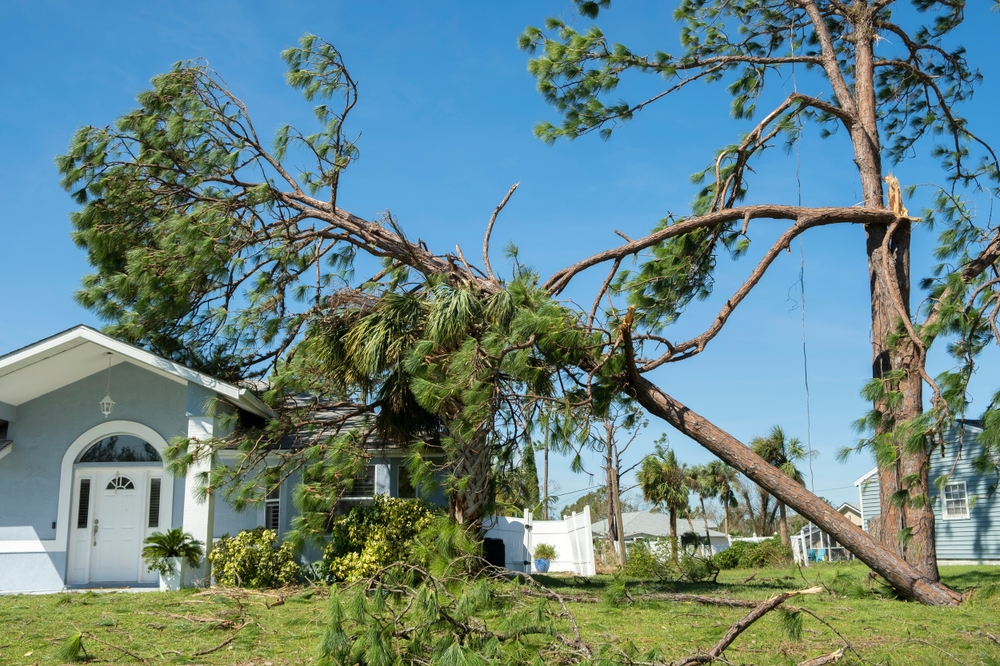Fifth Circuit Reaffirms Appraisal and Bad Faith Jurisprudence as Policyholders Continue to Probe for Opportunities

The United States Court of Appeals for the Fifth Circuit upheld a summary judgment granted to the insurer over a policyholder’s argument that payment of an appraisal award and interest may extinguish an insurer’s liability under contract but not under tort.
In Mirelez v. State Farm Lloyds, 2025 U.S. App. LEXIS 2744 (5th Cir. Feb. 6, 2025), the policyholder made a claim for wind damage under his homeowner’s insurance policy. The insurer initially investigated the claim and denied payment was owed as any damage fell below the policy deductible. On September 14, 2022, the policyholder demanded appraisal. On January 4, 2023, the appraisal panel signed an appraisal award in the amount of $24,968 (RCV) and $21,383 (ACV). Although the total appraisal award exceed the policy deductible, on January 25, 2023, the insurer issued payment only for $1,051.47 and denied further payment was owed, claiming the items contained in the appraisal award were not covered by the policy. The parties’ dispute continued and the policyholder filed suit. The petition alleged breach of contract, violations of Texas Insurance Code Chapters 541 and 542, and breach of the common law duty of good faith and fair dealing. After filing a notice of removal, the insurer issued a payment to the policyholder on July 10, 2023 which was more than seven months after the appraisal award was signed. The insurer subsequently moved for summary judgment. The insurer argued that payment of the full policy benefits extinguished liability for any extracontractual or common law bad faith claims, as the damages owed for any such claim were simply the policy benefits, which the policyholder had now been paid. See Cozen O’Connor’s prior blog post for more on the jurisprudence underpinning the insurer’s motion: https://www.cozen.com/news-resources/publications/2024/the-end-of-a-forever-war-
The trial court held that the payment of the appraisal award resolved the breach of contract claim. On appeal, the policyholder only challenged the grant of summary judgment on the extracontractual claims. The insurer argued that the extracontractual claims failed because such claims “flowed from” the contract claim, which was foreclosed by payment of the appraisal award. The policyholder contended that he could still elect to recover in tort, which claims were not precluded by the payment of the appraisal award. The trial court rejected that argument, holding that there was no evidence that the policyholder was entitled to any additional relief under the Texas Insurance Code, and all of his causes of action arose directly from the loss of policy benefits.
On appeal, the policyholder argued that he was entitled to recover actual and punitive damages in tort when the insurer wrongfully withheld payment, even when the appraisal award and interest have been paid. The policyholder also asserted that he did not have to prove an independent injury as Texas law allowed recovery in tort for wrongly withheld policy benefits.
The Fifth Circuit rejected these arguments. In reaching its conclusion, the Fifth Circuit referred to the Texas Supreme Court decision in USAA Texas Lloyds Co. v. Menchaca, 545 S.W.3d 479 (Tex.2018). The Fifth Circuit held that, under Menchaca, to recover both policy benefits and other amounts, an aggrieved policyholder would have to demonstrate the existence of an “independent injury” beyond the mere loss of policy benefits. Here, the Fifth Circuit distinguished its holding in Lyda Swinerton Builders, Inc. v. Oklahoma Surety Co., 903 F.3d 435 (5th Cir. 2018). The Fifth Circuit acknowledged holding in Lyda Swinerton that an insured could recover unpaid policy benefits as damages in tort under certain circumstances. In Lyda Swinerton, the policyholder sought recovery under both contract and tort theories for unpaid defense costs. The Fifth Circuit held that pursuing both theories of recovery when benefits had not been paid was allowable. However, when the policyholder does recover the allegedly unpaid policy benefits, as happened in Mirelez, there would be nothing left to recover as damages for either breach of contract claims or tort claims.
The policyholder attempted one additional argument, claiming that he should be entitled to obtain a recovery on his tort claims and then make an election of remedies based on whichever theory afforded him the greatest relief. The Fifth Circuit appeared to agree that an election of remedies would be available in some circumstances, such as when no benefits had been paid at all. However, as those benefits had been paid by the insurer, any recovery in tort would be offset completely by that prior payment, leaving nothing to recover as a tort remedy.
The Fifth Circuit’s decision also underscores that when no independent injury exists, a policyholder suing for unpaid benefits will have to make an election as to recovery after trial. Otherwise, the policyholder would be able to “double dip” and recover the unpaid policy benefits under both contract and tort theories.
Further, the Fifth Circuit noted that the same attorneys in Mirelez had also appeared before the Court in Navarra v. State Farm Lloyds, 2024 U.S. App. LEXIS 15440 (5th Cir. 2024). The Fifth Circuit indicated that the policyholder had tried variations on the same arguments before and that some of the policyholder’s arguments were not properly developed and preserved. As such, Mirelez continued the trend that an “independent injury” is an incredibly high standard of pleading and proof that has not yet been satisfied.